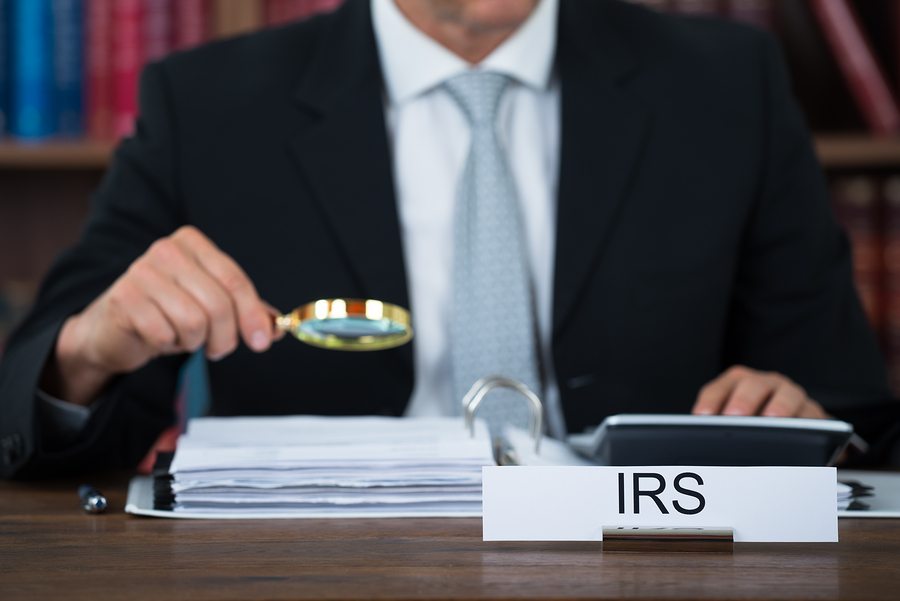Federal, state and city governments all closely scrutinize employers within the construction industry. From the U.S. Department of Labor (DOL) and the Occupational Safety and Health Administration (OSHA) to the state Department of Labor and Employment and Department of Regulatory Agencies, these government entities may investigate your company for wage-related issues, employee misclassifications, workplace accidents and injuries, breaches of the Immigration Reform and Control Act, and more. While following the letter of the law at all times can help you avoid the disruption in operations and negative publicity that generally accompany an investigation, you may still eventually find your company under government scrutiny. Fortunately, a little preparation can help you minimize the impact of the situation.
Assure documents are not destroyed. Providing investigators with detailed, complete documentation can help you avoid costly penalties, fines and litigation. Your construction company should already have a policy in place to preserve and protect vital information including application materials, pre-employment screening results, employment forms, hours worked and wages paid, disciplinary records, workplace injury and illness reports, accident reports, workplace safety training and more.
You should also retain any electronically stored information that may be needed in the future indefinitely. This includes digital timecard records and emails. While storage constraints may tempt you to delete this information periodically, it could help to back up your claims in the event of an investigation.
Consult your legal professional as soon as possible. Regulators are going to demand documents and access to employees for interviews. Before you comply, consult your legal professional. Legal privileges may apply to trade secrets and other confidential information. If you share this privileged information with third parties—including government regulators or the media—you may inadvertently waive the privilege to protect it. Though this can demonstrate cooperation and establish your company’s innocence early on, it may expose you to unnecessary risk in the event of subsequent litigation.
Conduct your own investigation. An internal investigation will allow you to identify any potential wrongdoing on your own and prepare a defense or take appropriate corrective action. If you are in the wrong, addressing the issue immediately will help you preserve your reputation and further demonstrate cooperation. Consider enlisting the help of your legal counsel in the internal investigation, especially for employee/witness interviews. While you may elect to produce a written report outlining the findings of your investigation, keep in mind you may ultimately have to disclose it to the government. Avoid premature conclusions, inflammatory language or including privileged information.
Prepare a unified response. High-profile government investigations usually trigger media inquiries. Your customers and shareholders may also want to know more about the situation. Ensure your team is delivering a consistent message by preparing a unified response and funneling all outside communications about the investigation through one point of contact. A member of senior management or a company spokesperson is generally the best choice. Take time to run the response past your legal counsel before he/she begins distributing it. The information should be accurate and free from privileged information.
Establish a relationship with a risk management advisor.Government investigations are a sometimes unavoidable risk of doing business in the construction industry. A risk management professional can help you identify possible areas of investigation and address potential issues before they trigger government scrutiny.



